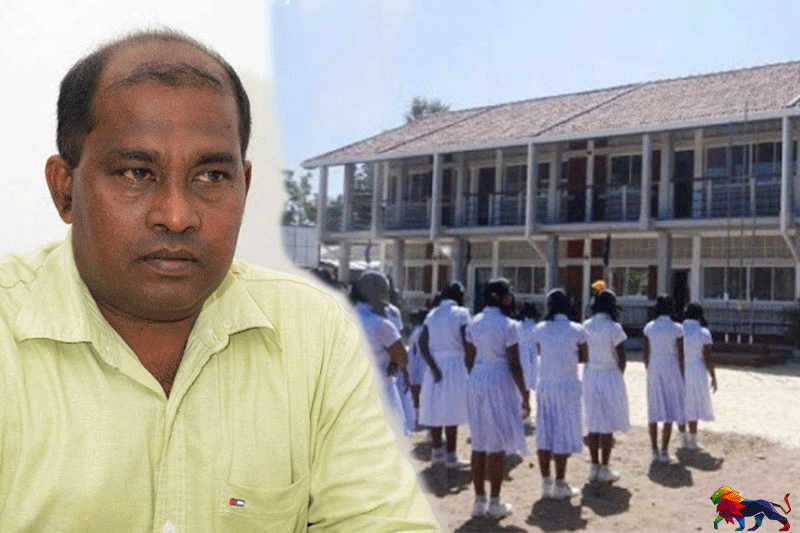Sri Lanka is set to recognise school teachers’ and principals’ services as a “closed service”, according to Education Minister Dinesh Gunawardena, in a bid to resolve a crisis that has brought online education to a standstill, without stirring other public services.
Though the move, the result of a proposal approved by the cabinet of ministers on Monday (30), could help end a long strike by teachers and principals and restart online school education, it will open many a can of worms in the future, two government officials said.
Both teachers’ and principals’ services were under the public service. But declaring them a closed service will allow the government to treat teachers and principals separately from the rest of the public service when resolving their demands of salary anomalies, wages, transfers, and other benefits.
This will also mean that cadres from the teachers and principals services cannot be transferred to any other public services, government sources explained.
“The implementation of the national decision to close down the teachers’ service will be implemented in the next few months,” Gunawardena said, adding that the cabinet decided to issue a gazette before November 20 declaring the services a closed service.
“All these decisions are taken to provide solutions to existing problems and the decisions are made taking into consideration the 4.3 million children in the country and their teachers who will pave the way for their future.”
The closed service move comes in line a the recommendation by a four-member cabinet subcommittee which looked into the salary anomalies of teachers and principals.
However, two senior government officials warned the move could be detrimental to the public service in the future.
“The government is setting a bad precedent,” said one official who asked not to be named as he is not authorised to speak to the media.
“Tomorrow doctors or nurses or another pubic service can also demand to declare them as a closed service and resolve their issue.”
Another official said Sri Lanka Railways had demanded a similar request two years back.
Forced decision
The government was forced to look into the teachers’ protests as a raft of trade unions of teachers and principals have been on strike since July 11 and have withdrawn from online education and from issuing results of the GCE Ordinary Level exam held early this year.
The education minister said despite financial difficulties, a special allowance of 5,000 rupees will be granted for teachers and principals who will be on duty during September and October 2021, the months in which the government has planned to hold GCE Advanced Level and grade 5 scholarship examinations.
The government has postponed the two key exams that help students select a national school for grade 6 and university entrance, drawing public criticism.
The minister, however, said, implementation of the salary revisions will be done in stages through a 2022 budget proposal. Full implementation will be done in the next four years.
“A decision was taken on Monday (30) to implement these measures in parts before the next four years to find a permanent solution,” he said.
A key teacher trade union welcomed the government’s decisions on “closed service” and salary hike through 2022 budget proposals.
“But we do not accept the 5,000 rupee allowance. We want our salary anomalies to be fixed as a part of the previous Subodhini committee report,” Joseph Stalin, the General Secretary of Sri Lanka Teachers’ Union told EconomyNext referring to a report which teacher unions had demanded the most.
“We don’t accept these increments or allowances otherwise. We will continue our strikes if that does not happen,” said Stalin.


